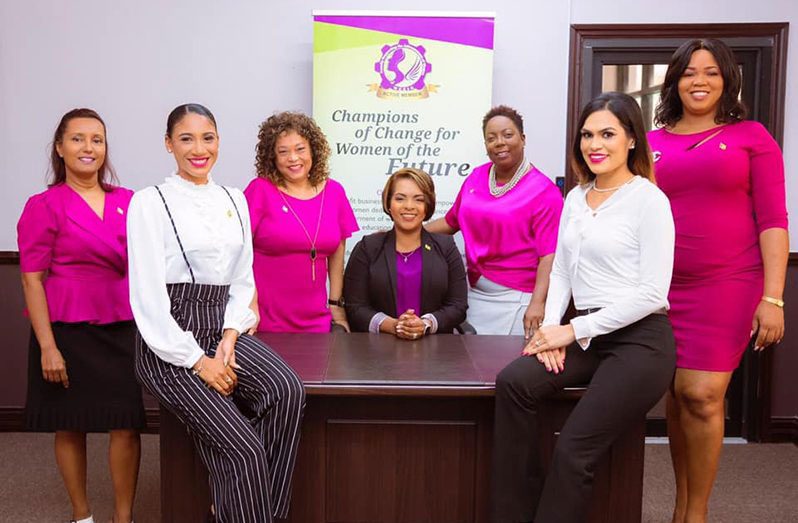— calls for increase in maternity benefits, introduction of paternity benefits
THE 2021 National Budget, presented by Senior Minister in the Office of the President with responsibility for Finance, Dr. Ashni Singh, on Friday, has been hailed by the Women Chamber of Commerce and Industry Guyana (WCCIG) as one that has welcomed focus on economic transformation for the people of Guyana.
In a statement shared exclusively with the Guyana Chronicle, the chamber noted that there are several allocations and measures stated in the budget that are quite commendable.
“It is our view that it is quite comprehensive with focus on economic transformation enabling increased economic activities which will impact overall circulation of money to get more done, especially given the effects presented by the COVID-19 pandemic,” the Chamber noted, adding: “(The budget) is certainly in alignment with the mission and vision of the WCCIG.”
The massive allocations made to the health and education sectors, in particular, were highlighted by the women’s organisation. Key budgetary measures such as the removal of Value Added Tax (VAT) on certain goods and services and the reduction of the cost of connectivity function were singled out for special mention.
These measures, the body reasoned, increased disposable cash, enabling spending power for middle to lower income households and empower households to access Information and Communication Technology (ICT).
“This budget also presented increased monthly assistance for the senior citizens and the vulnerable. The WCCIG is of the firm belief that economic empowerment is central to one’s ability to overcome adversity,” the chamber noted.
Beyond the presentation of the budget, the Women’s Chamber emphasised that there must be a keen focus on fostering pay equity and creating a gender-balanced approach to governance. This, the body said, can be achieved by including more women in the National Assembly and on boards of directors.
The chamber said that it hopes to partner with programmes, agencies, private sector bodies and international organisations that want to fulfil this inclusive mandate.
Importantly, the WCCIG highlighted, “We also believe it is time to increase maternity benefits and introduce the implementation of paternity benefit. The inclusion and implementation of these initiatives and formation of savings, lending groups and income-generating activities will help women realise their financial goals and overcome persistent, gender-based barriers.”
The body stressed that women are “resourceful economic agents” who are well able to add value to the development of their families and communities at large.



.jpg)









